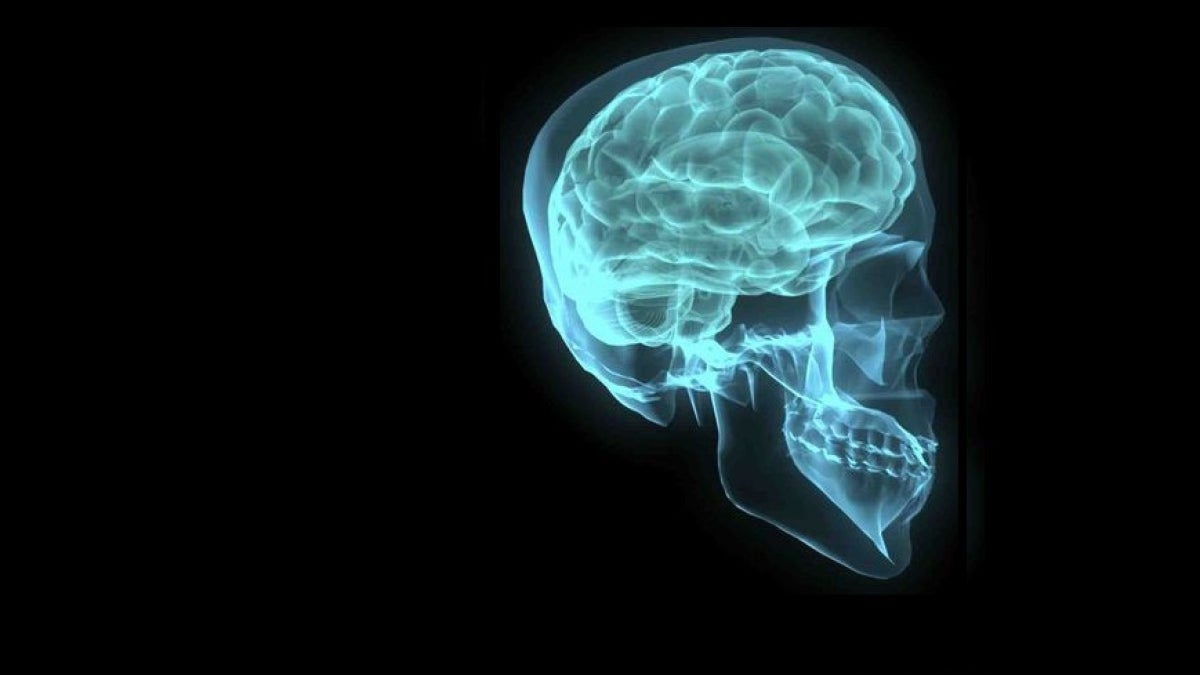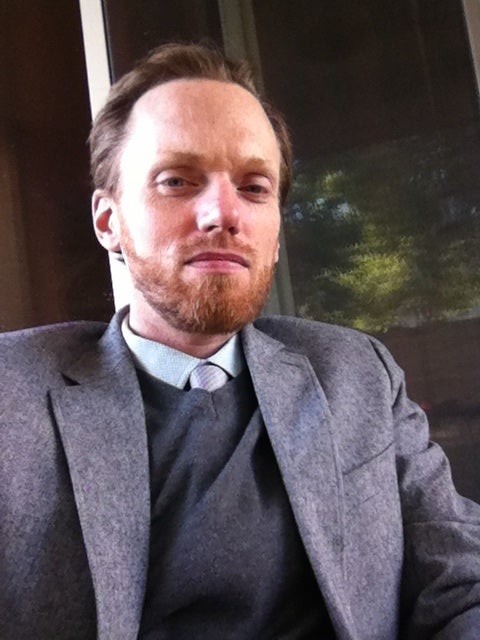Imagine never forgetting where you put your keys again. Or being able to weigh the odds at a blackjack table in seconds.
Having those kind of abilities sounds like something out of a Hollywood movie. In fact, the premise is one that has been explored in film many times before, including such recent movies as “Limitless” and “Lucy.”
In real life, we’ve yet to discover that magic little pill that will allow us to fully utilize our brain — but that hasn’t stopped some from trying.
So-called “brain training” programs offered by such websites as Lumosity and Cogmed have claimed that users can stave off dementia and even augment their intelligence. The training exercises consist of games that are geared toward improving an individual’s attention span and working memoryWorking memory is the ability to quickly recall information..
However, those companies have recently come under fire on charges of deceptive advertising — earlier in January, it was announced that Lumosity will pay $2 million to settle Federal Trade Commission charges — after several researchers in the field found that there was little to no evidence to support their claims of increased memory or intelligence.
Arizona State University professor Zach ShipsteadZach Shipstead is an assistant professor in the School of Social and Behavioral Sciences, an academic unit of the New College of Interdisciplinary Arts and Sciences on Arizona State University’s West campus. (pictured left) agrees with them.
Along with colleagues, Shipstead conducted a study a few years ago on one of the games included in Lumosity’s suite of training exercises called the Dual N-Back task.
“Supposedly Dual N-Back improves working memory, improves intelligence, and we didn’t find any evidence of that, relative to a couple of different control groups,” he told HuffPost Live in a Jan. 7 Skype interview.
According to Shipstead, consumers should be cautious when it comes to the expanding market of brain-training programs because there’s just not enough evidence to show they actually work.
“There have been a lot of interesting small findings [in the field] but right now, the effects we’re producing are only large enough to be scientifically meaningful; not something that can be applied to real-world situations,” he said.
More Health and medicine

College of Health Solutions alumnus named Military Medic of the Year
By Keri Hensley and Kimberly LinnJonathan Lu has looked out for the health of his fellow military service members his whole career, starting with his role as a combat medic in the U.S. Army.Driven by…

ASU, Mayo Clinic forge new health innovation program
Arizona State University is on a mission to drive innovations that will help people lead healthier lives and empower health care professionals to develop novel new health solutions. As part of that…

Innovative, fast-moving ventures emerge from Mayo Clinic and ASU summer residency program
By Georgann YaraIn a batting cage transformed into a custom pitching lab, tricked out with the latest in sports technology, Charles Leddon and his Mayo Clinic research teammates scrutinize the…

